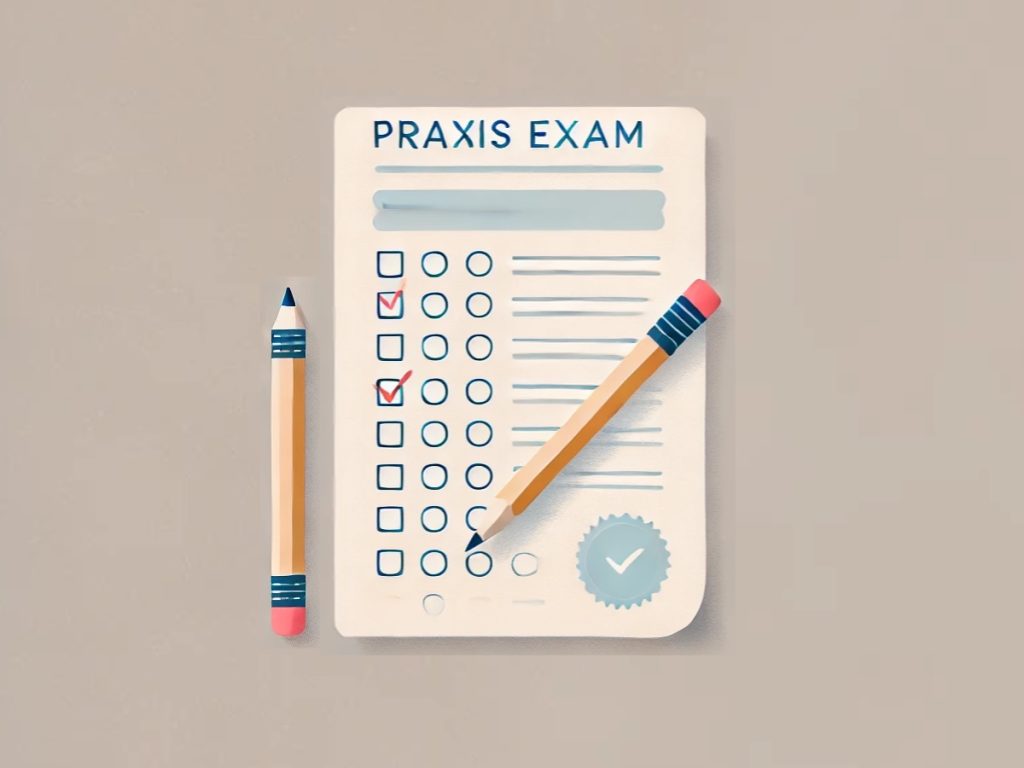Speech-Language Pathology Jobs Guide
Speech-language pathologists (SLPs) serve as essential professionals who diagnose and develop treatment plans for people experiencing communication and swallowing problems. This guide offers an introduction to SLP graduate career paths together with typical employment settings and future job prospects in this fulfilling field.
What Jobs Are Available to SLP Grads?
Speech-language pathology graduates can choose from different professional paths which include clinical speech pathology and research as well as education and administration. Clinical SLPs provide direct client services for communication and swallowing disorder assessment and treatment while researchers advance the field through their studies and publications. The role of educators involves teaching at universities or delivering clinical training while administrators take charge of speech-language pathology programs and services.
Popular Speech-Language Pathology Careers
Speech Pathologist
Assisting people to discover their vocal abilities stands as one of the most valuable actions you can provide. Every day speech-language pathologists (SLPs) focus on helping people develop
Pediatric SLP
Pediatric Speech-Language Pathologists (SLPs) work assisting children with their communication and swallowing problems. These professionals evaluate and treat speech and language disorders
Medical SLP
Medical speech pathologists (SLPs) perform vital work which brings satisfaction to healthcare practice. Patients who have suffered illness or injury can recover their communication skills
School SLP
The role of a school SLP extends beyond speech treatment because these professionals function as educators who develop children’s ability to speak with clarity and confidence while maintaining
SLPA
The main responsibilities of an SLPA (Speech-Language Pathologist Assistant) include assisting a licensed Speech-Language Pathologist (SLP) in providing therapy and communication services.
Forensic SLP
The process to become a forensic speech-language pathologist requires establishing a solid foundation of speech pathology knowledge followed by specialization in legal or criminal justice
Who Hires Speech-Language Pathologists?
Speech pathologists have quite a lot of flexibility in the settings in which they work. The U.S. Bureau of Labor Statistics (BLS) reports that educational services hire 40% of SLPs while offices of physical occupational and speech therapists and audiologists employ 24% and hospitals employ 15% and nursing and residential care facilities employ 4% and self-employed workers make up 3%.
School SLPs in educational settings join public and private schools to work with teachers and parents and other professionals who support students with communication difficulties. SLPs deliver both individual and group therapy sessions while creating IEPs and offering classroom consultation services.
Speech pathologists in healthcare facilities such as hospitals and rehabilitation centers help patients who have communication and swallowing difficulties because of their illnesses or injuries. SLPs in these environments work with medical teams to create and execute treatment plans.
Speech-language pathologists in private practices have the freedom to practice alone or with small teams while delivering customized care to people from all age groups. Some speech pathologists choose to work in research institutions to help advance knowledge about communication disorders and their treatments through studies.
SLP Job Outlook
The job outlook for speech-language pathologists is highly favorable. The BLS projects an 18% growth in employment for SLPs from 2023 to 2033, which is much faster than the average for all occupations. This growth is driven by factors such as an aging population requiring services for conditions like strokes and dementia, and increased awareness of speech and language disorders in children.
Certain states are experiencing particularly high demand for SLPs. According to Soliant Health, the top states with the highest demand for school-based SLPs include California, Texas, Illinois, Georgia, and Washington.
States with the Highest Employment
| State | Annual Salary | Employment | ||||
|---|---|---|---|---|---|---|
| Texas | $103,459 | 18,790 | ||||
| California | $112,030 | 17,270 | ||||
| New York | $99,936 | 16,610 | ||||
| Illinois | $87,910 | 8,260 | ||||
| Florida | $92,770 | 7,850 | ||||
States with the Lowest Employment
| State | Employment | ||
|---|---|---|---|
| Hawaii | 130 | ||
| Wyoming | 270 | ||
| Puerto Rico | 270 | ||
| Alaska | 310 | ||
| South Dakota | 400 | ||
In terms of compensation, the median annual wage for speech-language pathologists was $89,290 in May 2023, with the highest 10% earning more than $129,930. States offering the highest average salaries for SLPs include California ($112,030), District of Columbia ($111,110), Colorado ($107,780), Hawaii ($106,790), and New Jersey ($102,820).
Top Paying States for Speech-Language Pathologists
| State | Employment | Hourly Mean Wage | Annual Salary |
|---|---|---|---|
| California | 17,270 | $53.86 | $112,030 |
| District of Columbia | 420 | $53.42 | $111,110 |
| Colorado | 4,070 | $51.82 | $107,780 |
| Hawaii | 130 | $51.34 | $106,790 |
| New Jersey | 5,940 | $49.43 | $102,820 |
Overall, the combination of strong job growth and competitive salaries makes speech-language pathology a promising career choice for individuals interested in helping others improve their communication abilities.
Related Articles

Speech Pathologist vs Speech Therapist: What’s the Difference?
If you have ever been researching speech-language pathology careers and come across the words ‘speech pathologist’ and ‘speech therapist’, you might wonder if they are

What is the Praxis Exam for Speech Language Pathology?
If you are pursuing the position of a speech-language pathologist, then you may have heard of the Praxis exam from your professors, classmates, or even

What is the Speech-Language Pathology Interstate Compact?
If you are interested in pursuing a career in SLP and have been researching licensing requirements or are simply interested in learning more about SLP
